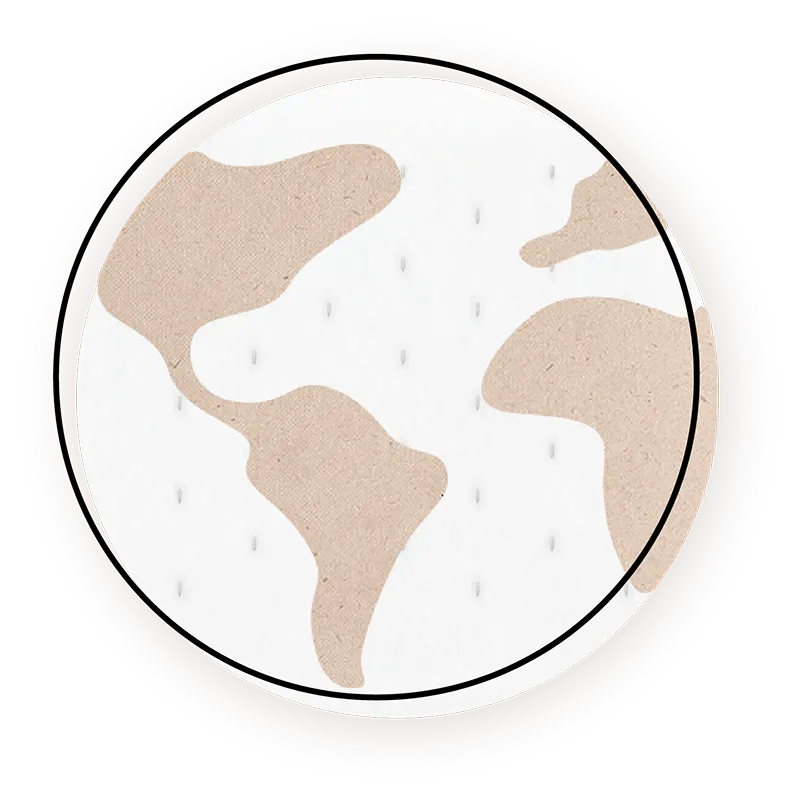It's Our Home

This Earth Day, we want to shine a light on some of the incredible environmental impact of your purchases at EC30. So, we’re bringing you content all week long, showcasing our partners, introducing new promotions and more. This article is courtesy of Dr. Annie Weisbrod, Principal Scientist at our parent company Procter & Gamble.
Earth Day is a special time for us to reflect on what’s happening in our world, and the changes we’re each making to reduce our impacts. That’s why we dedicate the EC30 Home Page to messages about Earth Day.
There has never been a more important time to work together to make a real difference for our planet. By taking small actions at home, we can collectively make a world of difference for our planet, our home. EC30 strives to deliver products that inspire and enable responsible consumption. Small actions like choosing how and what we use to clean our bodies and our homes, and educating ourselves and our communities about what’s really helpful based on sound science, is how we can lead positive
We learned through our recent consumer surveys that most people (>75%) wish they could take simple actions to reduce their direct and indirect impacts on the environment, and feel ready. But half (48%) don’t. Why? People say they don’t make environmentally conscious choices at home as often as they’d like to – and “not knowing how” is the biggest barrier. EC30 wants to help close this gap by inspiring environmentally positive actions in the home by sharing the ‘what’ and ‘how’.
Let’s start with ‘what is going on’ - what are the biggest impacts to be conscious of?
Nature has been giving us signs. It’s time to follow her lead. The United National Environment Program (UNEP) reports[1] that there is extensive evidence, thousands of studies, collectively showing that over the past 50-250 years, human activity has altered atmospheric, biological, geological, hydrological, and other Earth systems. The accelerated change has been so significant that a new geological epoch has been proposed, “The Anthropocene”[2]. The cause of the significant changes is basically increased human population, consumption, and industrialization.
If you look up ‘top environmental changes’, you will find several different views. I like to explain this using a common metaphor, “it’s difficult to see the forest through the trees”. In other words, we cannot understand how the whole environment is affected (and thus what is helpful to do) if we only look at one aspect, if we only see one tree so-to-speak. Earth systems are interrelated, the causes and effects overlap. As an environmental scientist working in the sustainability field for decades, I like to explain that there are 4 ‘biggest trees’ that depend on each other: species decline / biodiversity loss, natural resource depletion, climate change, and pollution.
Let’s talk about ‘how’ – what are some small actions we can take at home?
Transforming what and how we do things, rather than continuing with the status quo, is how our communities will alter the course of these environmental changes. Most of our consumers are most interested in reducing waste, making conscious food choices, energy efficiency, reducing water use, responsible sourcing of ingredients, and reducing carbon footprint.
I bet you already have quite a few of these ‘responsible consumption habits’. Here are my suggestions related to cleaning our bodies and homes:
[1] http://sdg.iisd.org/news/unep-releases-geo-6-regional-assessments
[2] https://www.unep.org/news-and-stories/news/evolution-and-green-economy-age-anthropocene
[3] https://www.energy.gov/energysaver/water-heating/reduce-hot-water-use-energy-savings
